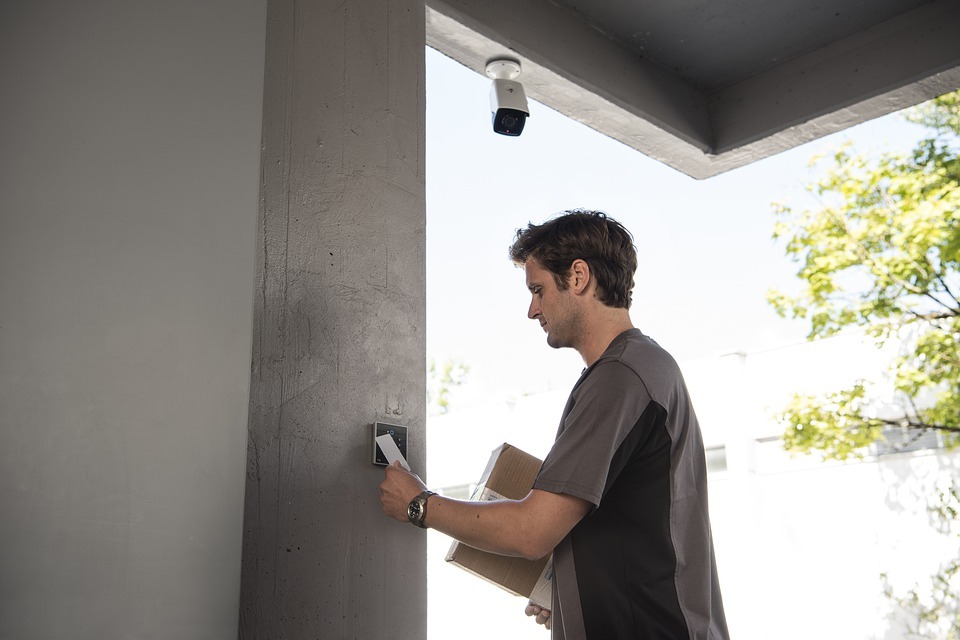Radio-frequency identification labels (RFID) are being adopted more and more in research labs. This new identification technology has a variety of applications, from improving security to tacking samples and making inventory control more straightforward. However, you must partner with the right RFID labels manufacturer to get the most out of your RFID label solutions.
Sample Tracking
Any sustainable asset management system aims to efficiently track any and all assets in order to minimize loss. This is especially critical when handling and storing valuable specimens that can be difficult to replace or using high-value equipment that must be kept in working order. RFID labeling provides a great way to track specimens in real-time, ensuring samples don’t get lost or misplaced and that their associated information is always easily accessible.
RFID labels can also be scanned in a 360° radius, requiring no direct line of sight. This means you can scan and locate sensitive specimen in freezers without ever opening the door. This reduces the risk of thawing samples, compromising their integrity. RFID readers’ ability to scan entire batches of samples at a time also cuts down on scanning time, as whole boxes can be scanned simultaneously.
RFID tags can be used to identify equipment, schedule regularly needed maintenance, and track assets that have come to the need of their lifecycle and need to be replaced. Their real-time tracking information can alert you if any equipment is moved, adding an extra layer of security. RFID tags are already being used during animal care. Placed on animal cages to automatically track their exit and entry of holding rooms, or subdermally to track individual animals, they can encode the protocol number, animal IDs, treatments done, and drugs administered.
Inventory Control
A fully computerized RFID labeling system allows samples and reagents to be tracked from reception, through storage, and finally, when used during a procedure. By encoding relevant information onto the RFID chip, you can also track the quantity used, the supplier, and the expiry date. This simplifies the ordering process, thereby minimizing waste and ensuring the reagents are always on-hand when needed. This can also eliminate improper inventory control, resulting from having multiple users, which can cause over ordering specific reagents and piling up unnecessary costs.
The full benefits of RFID labeling are particularly apparent when performing stock counts of your inventory. This can be a very time-consuming process when done manually. Even when using barcode systems, it can still take several days to complete. RFID labels allow the process to be automated, using its real-time tracking of reagents and samples. RFID readers placed at key points throughout the lab can continuously track these items, allowing for real-time inventory accounting and ensuring accurate levels are maintained at all times.
What to look for in an RFID Labels Manufacturer
Security
Privacy and security is something that every lab is concerned with, from clinical labs handling patient samples to basic research lab performing sensitive experiments. As such, access to the lab must be controlled, with practices in place to protect sensitive information and valuable materials. A manufacturer that understands this is vital. They should work with you to provide ways to improve sample security, from tamper-evident labels to radio frequency identification labels that can be encrypted to safeguard your sensitive information.
Reliability
You should also be able to rely on your label manufacturer to provide durable products in a timely manner. The best way to ensure they can meet your regulatory requirements is if they are ISO 9001:2015 certified. This shows they have plans and a quality management system in place to ensure they can meet their orders, even when encountering unforeseen circumstances. The RFID labels themselves should also ideally be RFID thermal labels, as thermal-transfer labels can withstand harsh environments and conditions that would cause most other labels to fail.
Customization
Moreover, RFID label manufacturers, like RFID labels manufacturer LabTAG, should have the equipment and experience to insert RFID inlays into any of their durable labels. Thus, they can customize your RFID label solutions to meet your exact needs, from exposure to harsh chemicals and extreme weather conditions to heavy-use and wear-and-tear.

